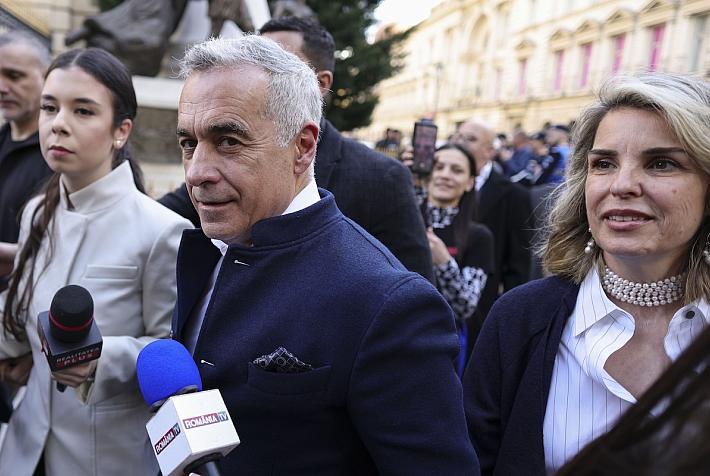Romanian language lesson: Neuter nouns. Forming the plural

[audio:http://www.romania-insider.com/wp-content/uploads/2011/11/neuter_nouns_plural.mp3|titles=neuter_nouns_plural]A neuter noun refers in general to a thing or an inanimate object. The neuter nouns are masculine in the singular and feminine in the plural. A native speaker of Romanian knows that an inanimate word takes in the singular the masculine numeral “un” and in the plural the feminine numeral “două”.
Examples: un telefon – două telefoane (one phone – two phones), un scaun – două scaune (one chair – two chairs), un pix – două pixuri (one pen – two pens).
The plural endings for a neuter noun can be: -e, -uri, -i.
These endings can be added to the final letter of the neuter noun (bilete, dansuri) or it can replace the last vowel of the noun in the singular (lucru – lucruri, fluviu – fluvii, teatru - teatre).
Phonetic mutations in the stem are rarer than masculine and feminine nouns.
Singular Plural
[consonant] e
bilet (engl. ticket) bilete
autobuz (engl. bus) autobuze
u e
muzeu (engl. museum) muzee
teatru (engl. theater) teatre
u uri
râu (engl. river) râuri
titlu (engl. title) titluri
(i)u (i)i
fluviu (engl. river) fluvii
fotoliu (engl. armchair) fotolii
i e
tramvai (engl. tramway) tramvaie
pai (engl. straw) paie
[consonant] uri
corp (engl. body) corpuri
dans (engl. dance) dansuri
i uri
taxi (engl. taxi) taxiuri
nume (engl. name) nume
prenume (engl. first name) prenume
Mona Pologea, PhD. Linguist
Managing Director ROLANG School











